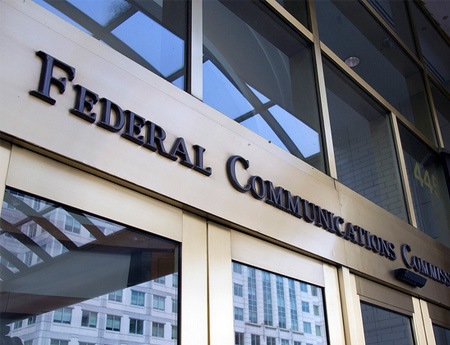Latina Broadcasters Seeks Court Stay of FCC Decision

The smarter way to stay on top of broadcasting and cable industry. Sign up below
You are now subscribed
Your newsletter sign-up was successful
Latina Broadcasters of Daytona Beach went to federal court Friday to get it to do what the FCC would not—allow it to participate in the FCC's incentive auction.
Latina's lawyer said Friday he has filed his request with the court to either stay the FCC's decision not to let it into the auction until the court has ruled on its appeal of the decision—or to delay the March 29 start of the auction until the court has heard it.
The FCC's Media Bureau Thursday declined to grant the stay of its decision not to let Latina's Class A low power WDYB-CD Daytona Beach, Fla., participate in the incentive auction, or, in the alternative, to stay the March 29 start date of its incentive auction, saying the station did not qualify, was unlikely to win its appeals, and that delaying the auction was not in the public interest.
It will fight the court stay as well, an FCC source told B&C.
Latina argues to the court—the U.S. Court of Appeals for the D.C. Circuit—that the FCC made WDYB ineligible for the auction—after initially saying it was eligible without anyone requesting that it do so and without notice.
It also said the FCC "unjustly" discriminated against it by excluding it while including what it argues was a similarly situated station. Latina also points out that it was operating under the reasonable assumption that it was eligible to participate and that it is a little late for the FCC to reverse that assumption.
Latina asks the court to rule by March 11 so there will be time to reinstate it before the auction start date. If the court can't move that fast, Latina asks it to issue an interim stay of the decision or the auction while it decides on the stay.
The smarter way to stay on top of broadcasting and cable industry. Sign up below
Latina attorney David Wachen of HCH LEGAL, LLC said it appeared to him that there were things going on at the FCC that
had "nothing to do with Daytona." Daytona is owned by Nora Crosby Soto, and Wachen says she feels like a "pawn in a larger game.
Wachen said that was a reference to the fact that one of the reasons the FCC gave for refusing to reinstate the station in the auction was that there were other LPTV stations--including the Videohouse stations--challenging it in court and the FCC might have to reinstate all those while the court made its decision on their challenges. "Accepting Latina’s claim for provisional eligibility, therefore, would also necessitate provisional eligibility for numerous other stations, which it said could mess up the auction," the Media Bureau said in that decision. That, said the FCC, would mean some major rejiggering that could "frustrate" the aims of the auction.
Videohouse stations were denied eligilibity in the same Feb. 12 FCC decision denying Latina, but the difference was, says Wachen, that they had never been in the auction and wanted in, while Latina wanted back in since the FCC had originally said it was eligible.
"Videohouse has argued that Latina is protected: 'We're like Latina, so we should be protected," sid Wachen. "And the FCC, rather than try to distinguish them, or let them participate, decided to kick her [Soto] out, a woman who hasn't done anything wrong."
Latina was the only station that, told it was eligible, had that decision reversed after it had been assigned an opening bid price and applied to participate.
Contributing editor John Eggerton has been an editor and/or writer on media regulation, legislation and policy for over four decades, including covering the FCC, FTC, Congress, the major media trade associations, and the federal courts. In addition to Multichannel News and Broadcasting + Cable, his work has appeared in Radio World, TV Technology, TV Fax, This Week in Consumer Electronics, Variety and the Encyclopedia Britannica.

